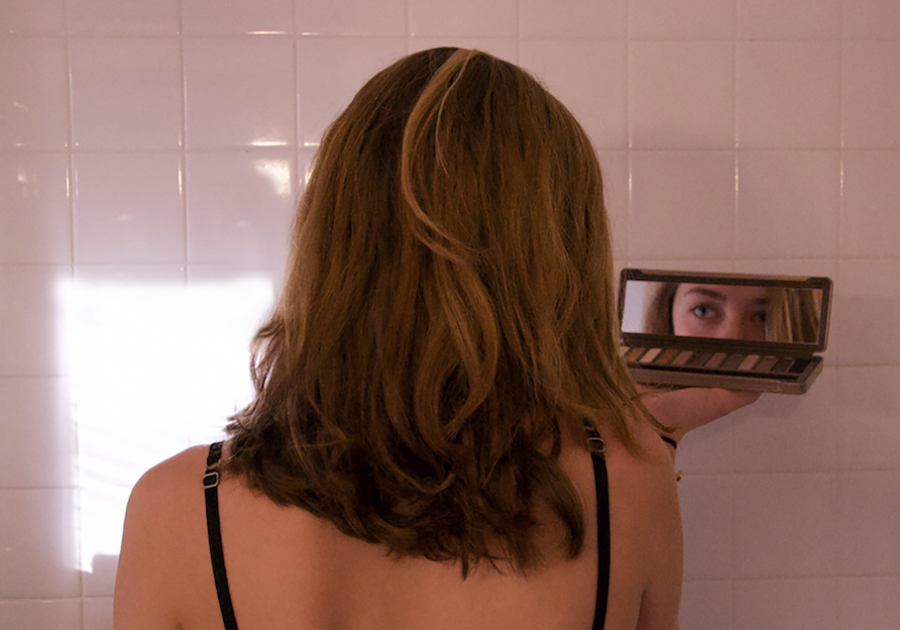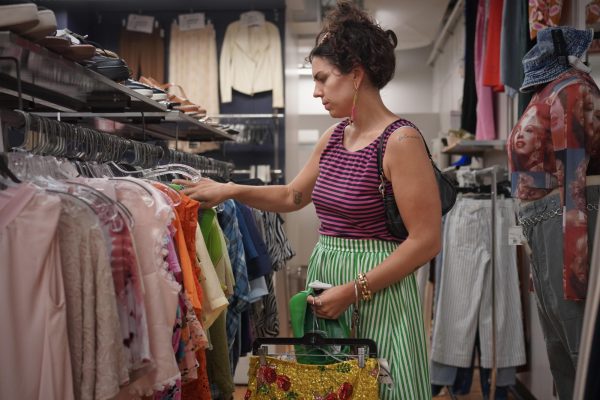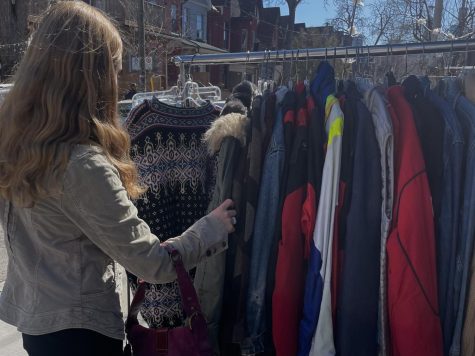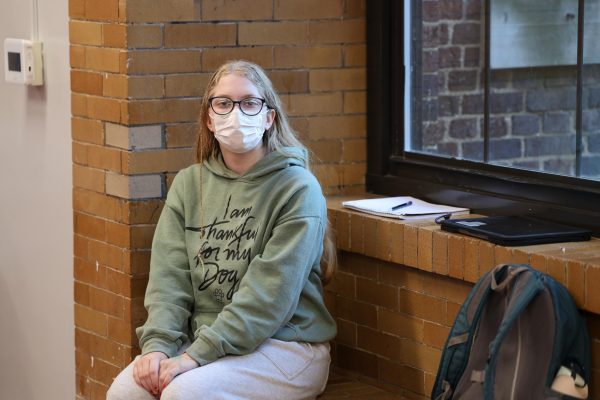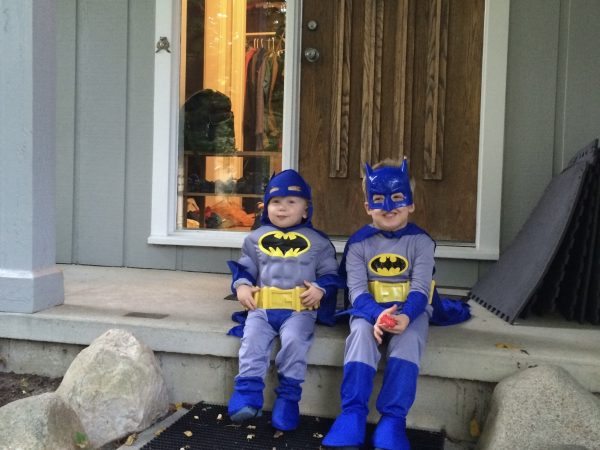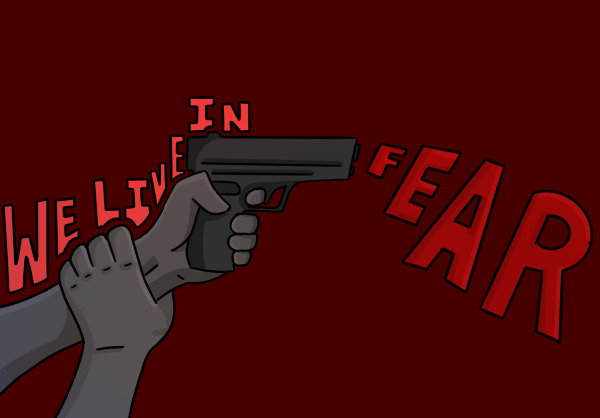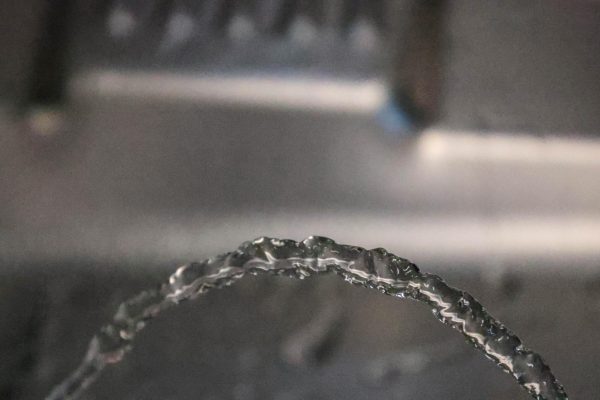Put your money where your heart is
I’ve been buying things that I shouldn’t be buying, and I’ve been doing it my whole life.
I’ve been buying Covergirl mascara since 7th grade. On Nov. 6, 2018, when the company announced that it was becoming cruelty-free, I was relieved and excited. I’ve always been passionate about animal rights. But in spite of that, I’ve been buying Covergirl products for four years, with full knowledge of their animal testing.
Animal testing is an objectively cruel act. Rodents, cats, dogs and other creatures are bred for testing, and are forced to live miserable lives in laboratories: lives that frequently end in painful, elongated and experiment-related deaths, according to Cruelty Free International.
Despite the fact that their animal testing policy conflicted with some of my core ethical beliefs, I continued to buy Covergirl products. It rarely crossed my mind. When it did, I’d tell myself that my contribution to the corporation didn’t really mean anything. That it was only nine dollars, and it was no big deal. But nine dollars, once every two or three months, for four years — that adds up.
Over the course of those four years, according to People for the Ethical Treatment of Animals (PETA), 400 million animals were tested on in the U.S.. 400 million animals experienced excruciating pain. 400 million animals died. And I was contributing to it.
From a makeup standpoint, my conscience is now cleared. Covergirl has become cruelty-free, and I can buy my mascara in peace. But soon after my realizations about past mascara purchases, I began to think about other products I buy, and the morals of the companies I continuously support.
Covergirl is not the only unethical company that receives profits from me. I buy Victoria’s Secret products with full knowledge that they have exploited prisoners in the past. My conditioner is also tested on animals, but I’m yet to find another brand which tames my frizzy hair, so I keep buying it.
After sitting with my hypocrisy, it occurred to me that all of the items I spend money on, despite disagreeing with the companies’ ethics, have to do with my femininity. Makeup. Bras. Underwear. Conditioner. This is not just an individual problem. It is a ploy that prays on the societal standards women are held to.
A person who gives up makeup, bras, underwear or perfect hair is looked down upon in our society. Corporations know that women in America need these items to be embraced in society, so they exploit this demand with their own single interest in mind: money.
Corporations consistently put money before ethics; they find the most profitable products and produce them as inexpensively as possible. They do this by performing harmful tests on creatures who cannot defend themselves, or by finding ways around the law to pay their workers below minimum wage. In America, women are required to conform to beauty standards if they are interested in acceptance, and unethical corporations believe that the drive to be embraced in this sexist society outweighs that to be morally conscious.
Our sexist society disregards the idea that women would hold enough empathy to care — or even think — about those who their products are hurting. In this society, prospect that women would refuse to consider the lives lost in the making of the items that they are buying is far-fetched, due to a stereotype of vanity, selfishness and shallowness.
Corporations rely on the idea that if a woman were to have the audacity to consciously choose to buy or not to buy items based on morals, she would be an outlier. They rely on the idea that the lack of ethical products will leave consumers with no other option than to buy their unethical ones. This is where those corporations are wrong.
I don’t want to give up on my appearance, but I can’t stomach the idea of supporting injustices like animal testing or prison labor. I want to be able to wear makeup. I want to have clean hair. But I also want a clean conscience. I’m done contributing to the torture of thousands of animals: it is not a price I am willing to pay anymore.
I decided that it is time to remove myself from the vicious cycle of buying cheap, unethical products. It’s time to buy with intentionality.
Drugstore makeup companies, such as Covergirl, becoming cruelty-free is a giant leap towards making environmental and ethical consciousness in the beauty industry available for people, regardless of their economic status. Cruelty-free products are no longer a rich person’s game. They are now readily accessible, and it is up to us to purchase them.
As consumers, it is our duty to support companies who are up to the challenge of creating good products on good principles. Those are the companies who need our money. Those are the companies who deserve our money.
As contributors to society, it is our duty to promote the proper treatment of other animals and people, because those directly affected can’t. To encourage the unfair treatment of animals or people is inexcusably wrong.
As humans, it is our duty to better ourselves and do everything in our power to help others and to put good into the world. It is our duty to use our voices to advocate for those who are voiceless.

Ruby Taylor is a senior, and is currently in her sixth semester on Communicator staff. She loves all living things with every ounce of her being... except she hates creepy crawly crustaceans. She works as a barista at Argus Farm Stop, Mock Trials (yes it’s a verb!) at CHS, and reads Reese Witherspoon’s book picks in her free time. She is an INFP and her favorite word is cozy. She is a Gemini, but if you really want to understand her, recognize that she is a Pisces moon. She loves rain and the arb and her friends and taro milk tea.



